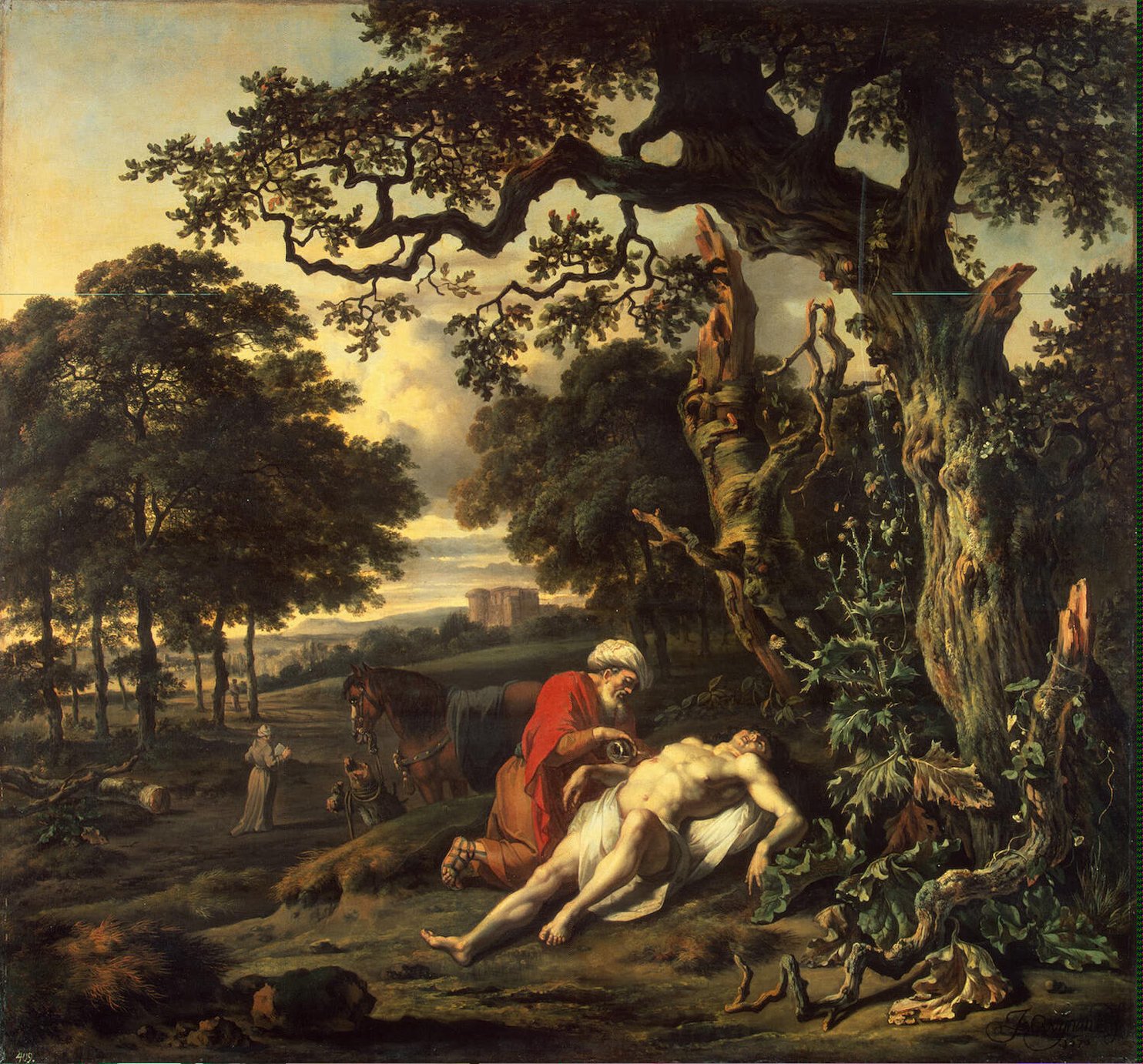Saturday
When the world turns grim, my novelist friend Rachel Kranz tells me, turn to the poetry of Bertolt Brecht. The other day she sent me “The World’s One Hope,” a poem written sometime during 1938-41–which is to say, when an egotistical dictator had hijacked Germany’s democracy and was leading his country and the world into unimaginable ruin.
At first Brecht doesn’t seem very hopeful, even as he shows how much he understands situations like ours. As Trump and many in the GOP strive to harden people’s hearts to torture victims, refugees, same sex couples, transsexuals, Planned Parenthood clients, beneficiaries of our social safety nets, and recipients of Obamacare, a general callousness emerges. Brecht observes that people who are normally kind become callous towards others and, tellingly, callous towards themselves. In our case, that self-callousness can take the form of people writhing in guilt for needing governmental assistance and voting for Donald Trump to assure themselves that they don’t really need it.
Brecht reminds us, however, that if we are oppressed ourselves, we are more likely to feel compassion for others. The world’s “one hope” is not a flashy hope, but it has substance. Those under attack by Trump and the GOP can rally around this compassion.
It may not sound like much, but it was the basis of North Carolina’s Moral Mondays. Our next task is to take it nationwide.
The World’s One Hope
By Bertolt Brecht
Is oppression as old as the moss around ponds?
The moss around ponds is not avoidable.
Perhaps everything I see is natural, and I am sick and want to remove what cannot be removed?
I have read songs of the Egyptians, of their men who built the pyramids. They complained of their loads and asked when oppression would cease. That’s four thousand years ago.
Oppression, it would seem, is like the moss and unavoidable.
When a child is about to be run down by a car one pulls it on to the pavement.
Not the kindly man does that, to whom they put up monuments.
Anyone pulls the child away from the car. But here many have been run down, and many pass by and do nothing of the sort.
Is that because it’s so many who are suffering? Should one not help them all the more because they are many? One helps them less. Even the kindly walk past and after that are as kindly as ever they were before walking past.
The more there are suffering, then, the more natural their sufferings appear. Who wants to prevent the fishes in the sea from getting wet?
And the suffering themselves share this callousness towards themselves and are lacking in kindness towards themselves.
It is terrible that human beings so easily put up with existing conditions, not only with the sufferings of strangers but also with their own.
All those who have thought about the bad state of things refuse to appeal to the compassion of one group of people for another. But the compassion of the oppressed for the oppressed is indispensable.
It is the world’s one hope.
